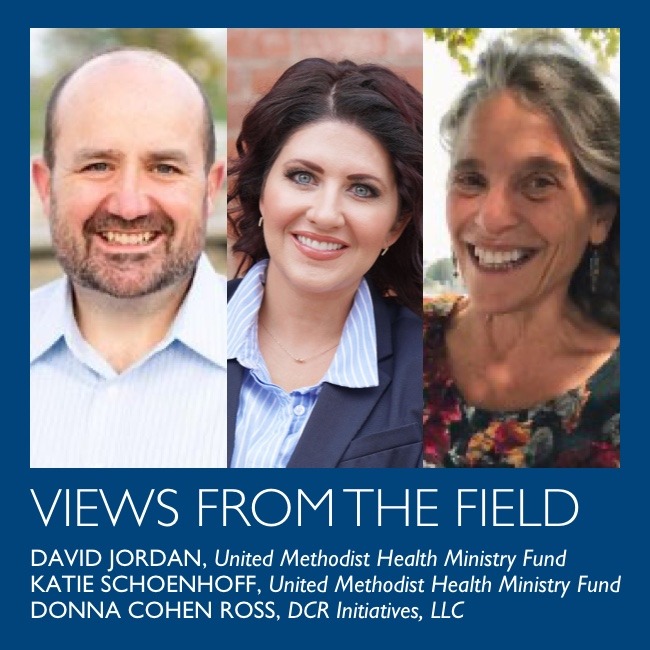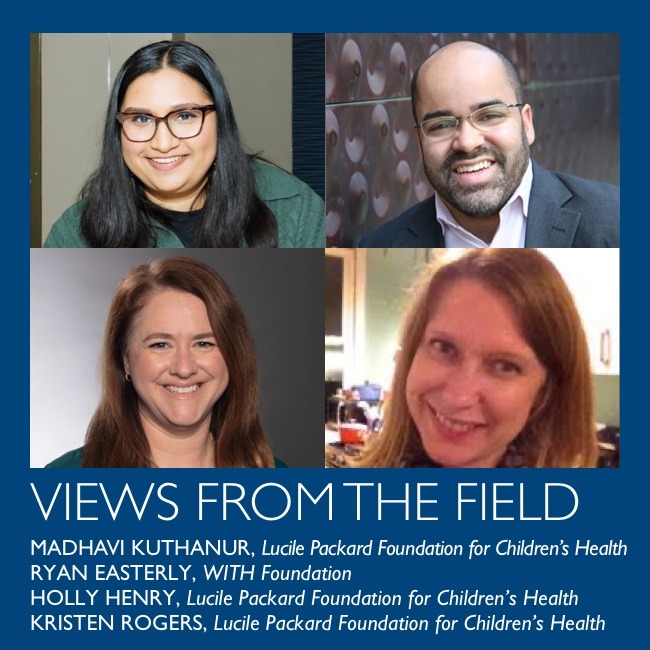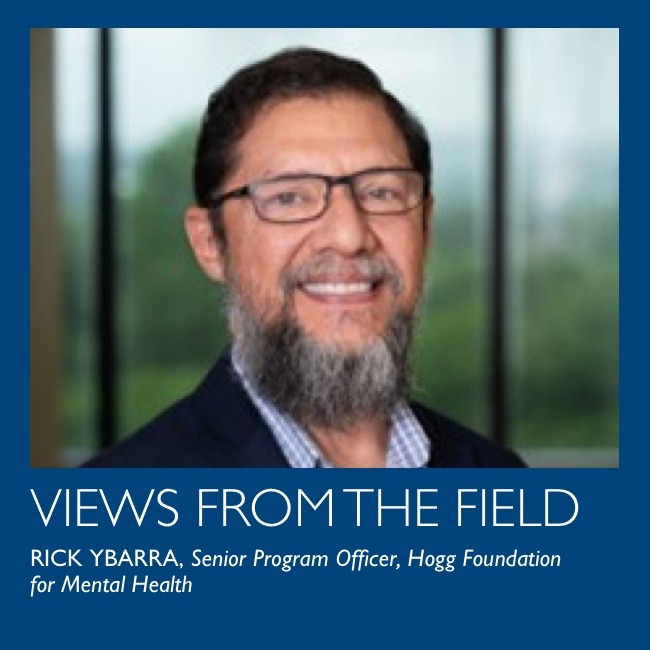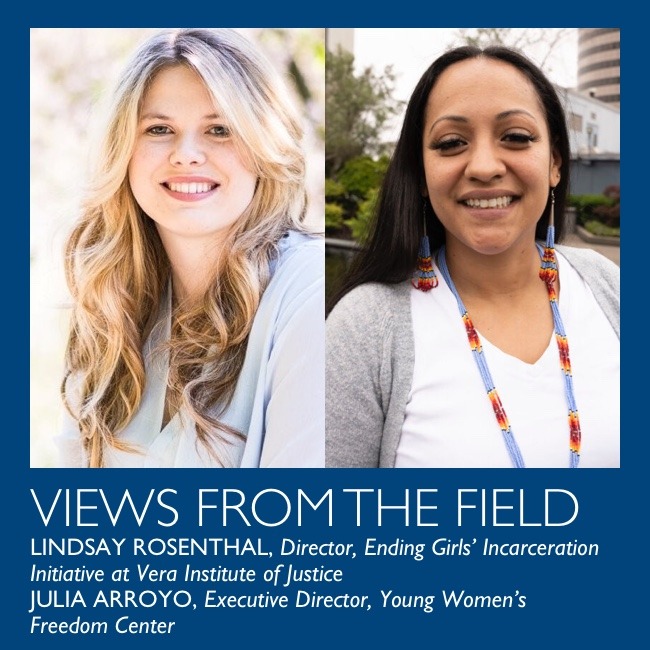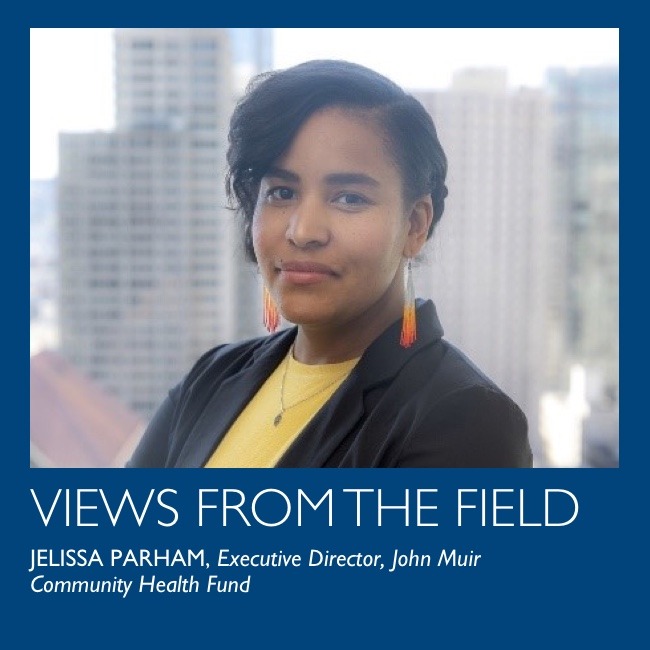Medicaid Managed Care Contracts are a Powerful Tool for Change; Philanthropy has a Role to Play
As a foundation, the mission of the United Methodist Health Ministry Fund is to improve the health of all Kansans. Our success, in large measure, depends on investments we make in advancing positive policy and systems changes that affect the state and communities. So, with large numbers of the state’s most vulnerable people relying on Medicaid for health coverage and care, we focus on leveraging the opportunities this program offers to sustain improved health outcomes and make progress on health equity.
Sustainability? No, It Is about Building Durability!
Philanthropy has forever espoused the term “sustainability.” We ask in grant applications and in our conversations with grant partners: “What’s your sustainability plan?” and “How do you plan to sustain your program once the grant ends?” Thanks to the influence of Tom Klaus, formerly of Tenacious Change, my thinking has shifted and evolved over the past few years to “durability.”
Supporting Community Health Workers to Achieve Their Full Potential: What Role Can Philanthropy Play?
Community Health Workers (CHWs)—frontline public health professionals who have a unique and trusted relationship with the communities they serve—have proven their ability to help create just, equitable, and thriving communities. As a CHW for over a decade and a CHW ally for over 35 years, we have never witnessed a time of greater interest and investment in the CHW workforce. Amidst a rapidly changing CHW funding landscape, the philanthropic community has an important role to play in assuring that CHWs are able to make an optimum contribution to communities and to the health system.
Developing an Equitable Nonprofit Ecosystem: A New Funding Framework for Emerging, BIPOC-Led Grantees
In philanthropy, it is standard due diligence practice to vet potential grantees on their list of current, past, and future funders as a way to mitigate our perceived risk. However, this approach can put many emerging, grassroots, and BIPOC-led organizations out of contention for initial funding. The John Muir Community Health Fund has shifted the way we fundamentally see risk, and instead, have embraced the opportunity to fund emerging organizations that address social determinants of health by providing monetary support, capacity building, and ultimately a proof of concept that propels grantees to long-term sustainability.


